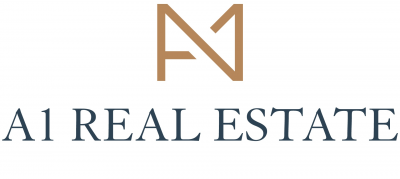
Hôtel vs appart-hôtel vs appartement meublé : quelle option pour un séjour de 3 à 12 mois à Paris ?
Whether the tenant is housed in social housing or in private housing (empty or furnished or conventioned ), he must respect certain obligations vis-à-vis the landlord.
What are the obligations that the tenant must respect?
- Maintain the premises in which he lives throughout the duration of the rental contract
- Pay rent and utilities (water consumption, shared elevator, maintenance expenses of common areas, rental taxes, etc.)
- Respect the intended use of the dwelling (do not transform the premises without the agreement of the owner, answer for damage, leave access to the dwelling for potential work, etc.)
- Insuring against rental risks
- Consider the notice period mentioned
If a garden is rented with the dwelling, the tenant must:
- Maintenance of the private garden including the paths
- Replacing dying shrubs
- Replace or repair watering systems
- Terraces must be cleared of moss
The tenant is asked to maintain the property throughout the duration of the rental contract, in order to avoid a deterioration of the housing. When it comes to a furnished rental, the tenant is forced to take care of the repairs, the maintenance of the furniture and all the equipment left at his disposal.
> Note: When it is the case of a major transformation (such as the demolition of a partition), the authorization of the owner is necessary in order to carry out this transformation.
Depending on what is stipulated in the rental contract and according to the obligations of the tenant, it is strongly recommended to make a comparison of the different home insurances in order to choose the one that will be the most suitable. It is mandatory for a tenant to take out home insurance to cover him from all rental risks (water damage, explosion, fire, etc.)
What are the tenant's rights?
- Live serenely without receiving untimely visits. The landlord must respect the privacy of his tenant and must not make untimely visits without warning.
- Benefit from housing in the standards, in good conditions (a holy housing). The landlord must be able to offer rental housing that meets standards and is functional. If the property requires major maintenance and renovation, the owner must pay for it.
- Make adjustments to the rental unit if desired. For example, doing energy renovation work at your own expense (floor insulation, installation or replacement of a ventilation system, attic insulation, etc.)
What is the tenant not allowed to do?
- Stop paying rent and utilities
- Sublet without authorization since this is possible only with the agreement of the owner-lessor. However, no one can prohibit the accommodation of a family member, or the accommodation of the partner.
- Possess a dangerous animal: wild animals, dogs of the first category (attack dog) and second category (defense dog, guard dog).
- Provoke disturbances in the neighborhood, with exceptions of course. Remember to warn neighbors in advance.
- Carrying out major work without the owner's permission
- Leaving the accommodation without notice, without warning.
- Regardless of where the tenant is housed (social or private housing), the tenant must respect certain obligations such as: maintain the premises in which he lives, pay rent and utilities, respect the intended use of the dwelling, insure against rental risks and consider the notice period mentioned
- When it comes to a furnished rental, the tenant is forced to take care of the repairs, the maintenance of the furniture and all the equipment left at his disposal.
- Like the owner, the tenant benefits from rights and prohibitions.

You want to
to sell in Paris or its surroundings ?
Posted on 23/06/2023 by
Andy LECUYER




